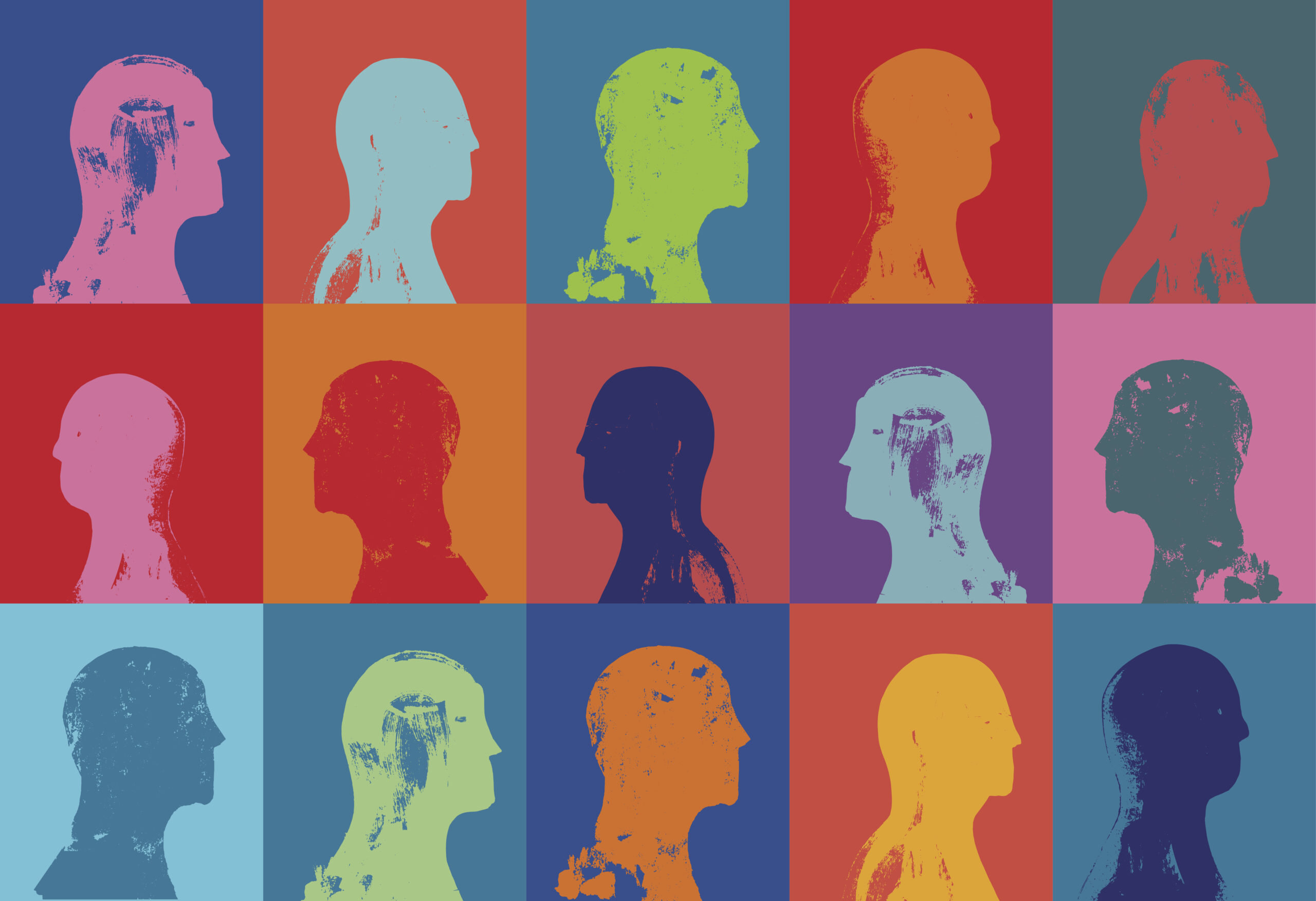I was involved in (another) zoom session this week with a company’s all-hands meeting. Since March, the team have been meeting each week to show visible leadership, foster team engagement and offer a consistent, informal forum to discuss important updates on covid-19, advocating support for ‘black lives matter’ and discussing business performance.
This week, the call was extended to accommodate a group dynamics workshop facilitated by Tom Young (a performance psychologist and author of ‘The Making of a Leader’). Over the last few months, the company took advantage of the new circumstances to invest in non-urgent, but highly important learning and development for their people. In addition to internal/external mentoring programmes, a values workshop, the launch of an engagement survey – a key initiative was to explore individual’s behavioural profile using a psychometric tool called PDA (Personal Development Analysis). Having studied the Darwinian and Galton origins of psychometric theory during my MSc and utilised multiple tools in the real world, I’m cognisant (after learning the hard way) that the tool is only as good as the facilitator who expertly guides ones understanding and application of the learnings. Thankfully Tom is firmly in the ‘gets it and can do it’ bucket!
Over recent months, each employee completed their psychometric profiling tool and Tom provided everyone with a personalised and confidential consultation to discuss the feedback privately. In the lead up to this week’s workshop, the team were given the option to share their profiles across the team before the session, so Tom was able to include everyone’s profile in the group dynamic workshop.
As with any team, there were profile preferences across the spectrum and everyone was uniquely illustrated with their own blended characteristics, plus the added variability to show tendencies and ability to flex based on situations and context. A reminder that cognitive diversity is a key area whereby teams and companies should be leveraging breadth of profiles and being more inclusive to all of their team members ways of being and cognitive processing.
What was most revealing and the golden breakthrough moments occurred when teammates – some of whom have been sat next to each other for more than ten years – learned new insights, depths and intimacies about each other which deepened trust, regard and appreciation. Ironically, through a digital zoom lens, I witnessed relationships strengthening through vulnerability and willingness to trust each other.
As a postgrad in Applied Psychology, with sports and business coaching qualifications – I’m consciously bias towards the value of profiling tools and moreover the expert facilitation of team building and development workshops. They provide real value in understanding self and our ability to work more effectively with others. Both in my opinion are critical building blocks in our search for becoming more effective in harmonising our professional and personal relationships.
It also made me reflect on an event in 2007, whereby I attended the now defunct Yorkshire International Business Convention in the UK. In addition to hearing from esteemed speaking such as Sir Bob Geldof and Reverend Jesse Jackson I was most inspired by a journalist called Justin Menkes. He’d published a book called ‘
Executive Intelligence: What all great leaders have’ in 2005 and spoke eloquently about the importance for leaders to embrace expert knowledge, competency and mastery in three core domains:
- TASKS — the abilities to properly define a problem, identify the highest-priority issues, and assess both what is known and what needs to be known in order to render a sound decision.
- SELF — the abilities to identify one’s own mistakes, encourage and seek out constructive criticism, and adjust one’s own behavior
- OTHERS — the abilities to recognize underlying agendas, understand multiple perspectives, and anticipate likely emotional reactions.
I was reminded yet again this week that whilst we are all striving to get better at task(s), let’s not forget the importance of knowing self and working incessantly to build authentic understanding and relationships with others. The balance of these three core tenets holds the key to not only being an effective colleague but also becoming a meaningful leader.



